Recent findings suggest sending small waves of electrical shock through the brain may be the secret to boosting memory. According to an international team of researchers, the non-invasive approach transfers tiny electrical shocks to a region of gray matter in the brain that begins to deteriorate in elderly individuals. Known as the left prefrontal cortex, it is essential for episodic memory or the recollection of previous events.
This process referred to as Low frequency repetitive transcranial magnetic stimulation (rTMS) provides promise for the prevention of mental deterioration and dementia. According to experts at the University of Glasgow, it also paves the way for the development of new therapies for brain trauma.
The device, in the form of a cap, is equipped with electrodes that send small currents of electricity at specified frequencies across the scalp of the patient. It lessens the strength of over-reactive beta waves, which arise when the brain is working hard. When the left prefrontal cortex is activated, the performance of the brain improves as memories develop, according to two different datasets.
“Our electrophysiological results suggest that frontal stimulation affects a wider network and improves memory formation by inhibiting parietal areas,” said Mircea van der Plas, the study’s first author.
The team began by reviewing a previous study including 40 students who were asked to recall word lists. Slow rTMS was applied to the left prefrontal cortex of half of the subjects. In the other studies, the therapy was given to a control area of the brain.
In a more recent study, 24 individuals were given the same task in both circumstances. Brain activity recordings revealed that slow rTMS to the prefrontal area suppressed beta waves in the parietal lobe, the area responsible for governing attention and perception.
“We were quite surprised when we saw these effects in the first study, which was designed to investigate a different question. Therefore, we needed to replicate the effects in a second experiment to see whether this is real, and indeed it seems to be,” says study co-author Professor Simon Hanslmayr.
The interruption of the activity, according to the researchers, resulted in improved processing of the words, boosting memory ability. “These results show applying rTMS to the left prefrontal cortex — an area involved in episodic memory — improves performance via modulating neural activity in parietal regions,” said van der Plas in a statement to SWNS.
Alzheimer’s disease, which affects more than 50 million people worldwide, usually begins with an onset of episodic memory impairment. With no treatment in sight, researchers are concentrating their efforts on strategies to prevent or slow the progression of the neurological illness. “These are complex but interesting effects that require further experiments to better understand their neural basis,” van der Plas concludes.
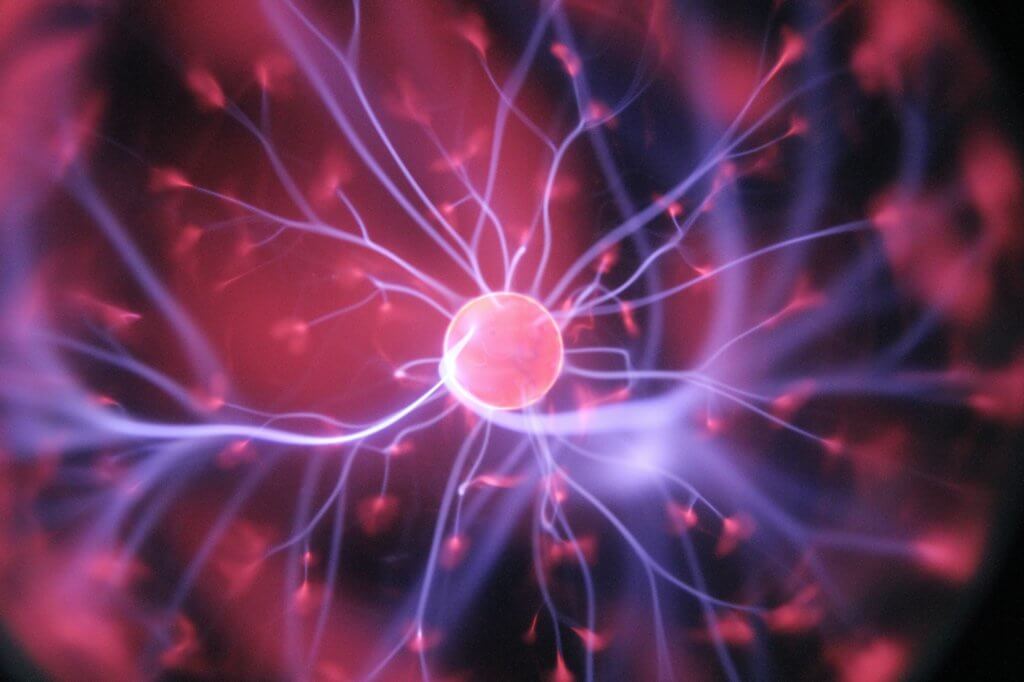



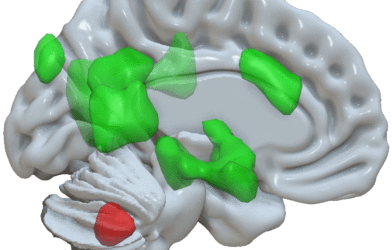

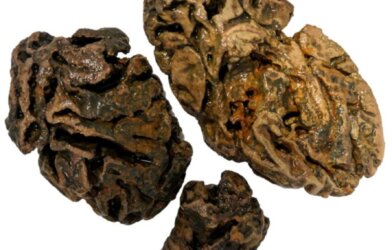
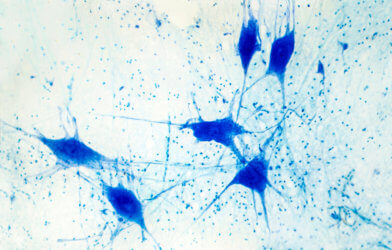
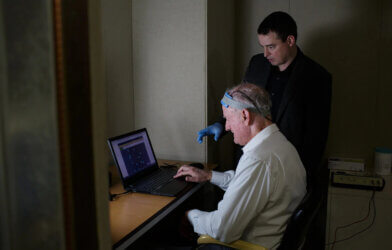




Comments